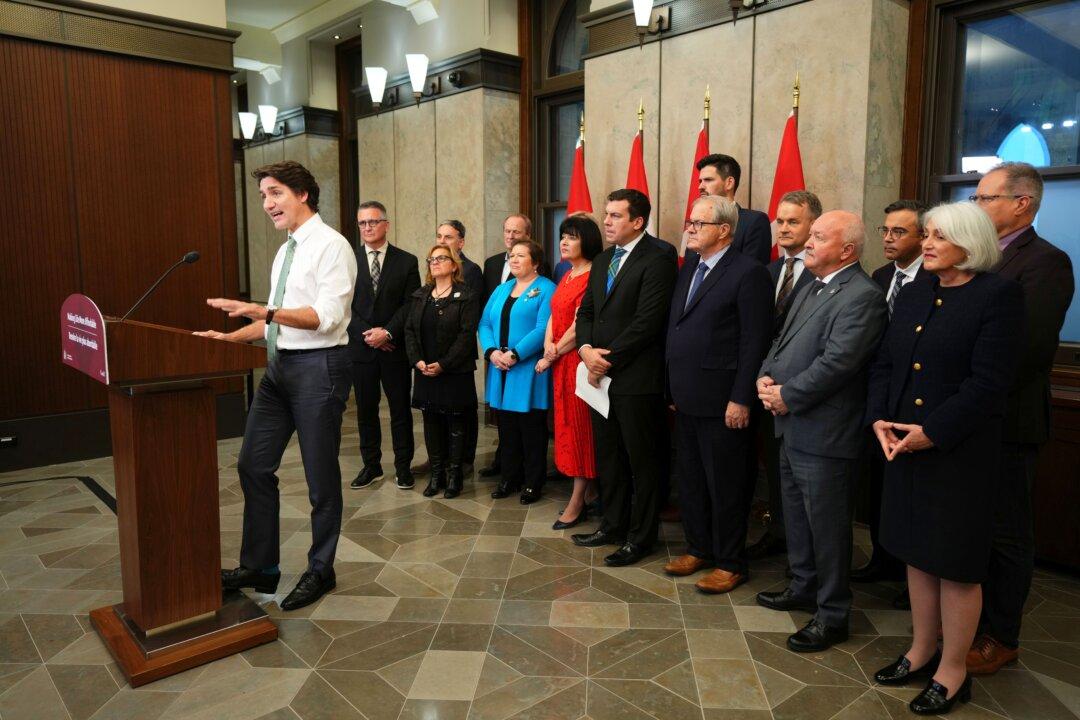The federal government’s billion-dollar carbon tax cut on home heating oil was implemented after repeated warnings from in-house pollsters of the unpopularity of the policy.
According to Privy Council records obtained by Blacklock’s Reporter, federal researchers spent months questioning Atlantic focus groups on the federal carbon tax, issuing reports in May, June, and July 2023.





